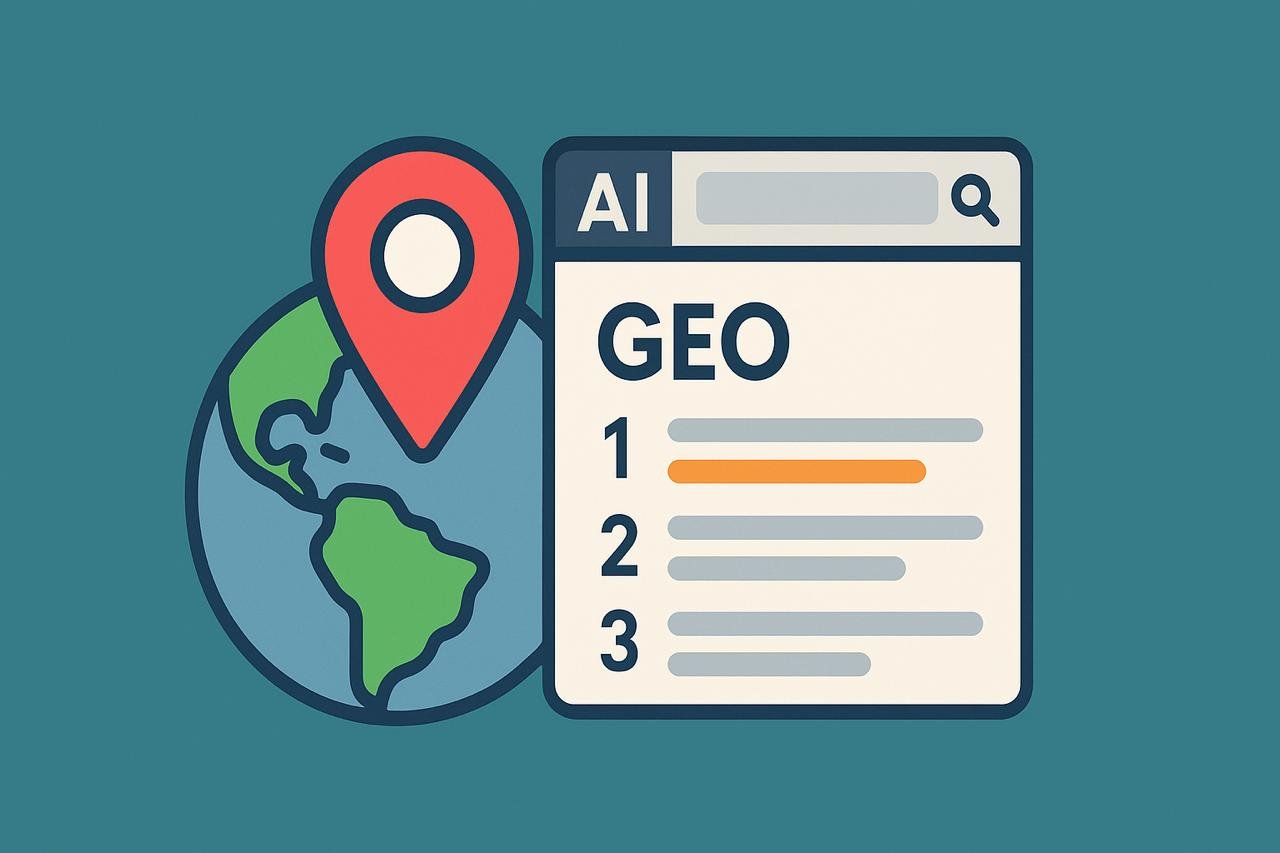Artificial intelligence (AI) is revolutionizing the way businesses operate, enabling unprecedented levels of efficiency, personalization, and innovation. This blog explores the transformative role AI will play in shaping the future of industries and businesses globally.

The Role of AI in Business Today
AI is already integrated into various business functions, such as customer service, supply chain management, and marketing. Virtual assistants, predictive analytics, and automation tools are enhancing decision-making processes, minimizing errors, and saving time. These applications are setting the stage for a more AI-driven future.
Enhanced Decision-Making
AI’s ability to analyze large datasets in real time provides businesses with actionable insights. Through advanced analytics, companies can predict market trends, optimize operations, and make informed decisions. This data-driven approach reduces reliance on intuition and increases efficiency.
Personalized Customer Experiences
Personalization has become a cornerstone of modern business strategies. AI-powered tools analyze customer behavior, preferences, and purchasing patterns to deliver tailored recommendations. From chatbots that simulate human conversation to personalized email campaigns, AI enhances customer engagement and satisfaction.
Automation of Routine Tasks
AI is automating repetitive and mundane tasks, allowing employees to focus on strategic and creative activities. In industries like manufacturing, AI-powered robotics are streamlining production lines, reducing human error, and lowering costs.
Revolutionizing Marketing Strategies
AI is transforming marketing through predictive analytics, which helps businesses identify trends and target audiences more effectively. AI tools can generate dynamic content, optimize ad placements, and analyze campaign performance, making marketing efforts more precise and impactful.
Future Prospects of AI in Business
AI’s potential is limitless. In the coming years, advancements in natural language processing, machine learning, and neural networks are expected to unlock new possibilities, from autonomous decision-making systems to intelligent predictive models. Businesses that embrace AI today will be better positioned to thrive in the future.
Conclusion
AI is not just a tool; it’s a transformative force reshaping the landscape of business. By enhancing decision-making, personalizing customer experiences, and automating processes, AI empowers businesses to achieve greater efficiency and innovation. As industries continue to evolve, integrating AI responsibly and strategically will be key to future success. Businesses must adapt, innovate, and embrace AI to remain competitive in an ever-changing world.
Frequently Asked Questions (FAQs)
1. How is AI currently being used in business operations?
AI is used in various areas such as customer service (chatbots), marketing (predictive analytics), supply chain management (forecasting), and finance (fraud detection). It enhances efficiency by automating routine tasks and supporting better decision-making with real-time data analysis.
2. What are the main benefits of implementing AI in a business?
The key benefits include increased efficiency, cost savings, enhanced customer personalization, improved decision-making, and the ability to scale operations faster. AI also helps companies stay competitive by enabling innovation.
3. Will AI replace human jobs?
AI is more likely to augment human roles rather than fully replace them, especially in areas requiring creativity, empathy, or complex decision-making. While it may automate repetitive tasks, it also creates new opportunities for jobs focused on strategy, oversight, and AI development.
4. Is AI only suitable for large enterprises?
No, small and medium-sized businesses can also leverage AI through accessible tools like AI-powered CRMs, chatbots, marketing automation platforms, and analytics software. Many cloud-based AI solutions are now affordable and scalable for businesses of all sizes.
5. How can businesses start integrating AI into their operations?
Start by identifying processes that are repetitive or data-heavy. Explore AI tools that align with your business goals—such as chatbots for customer service, analytics platforms for insights, or AI-based marketing tools. Begin small, measure the impact, and gradually expand AI use as needed.


